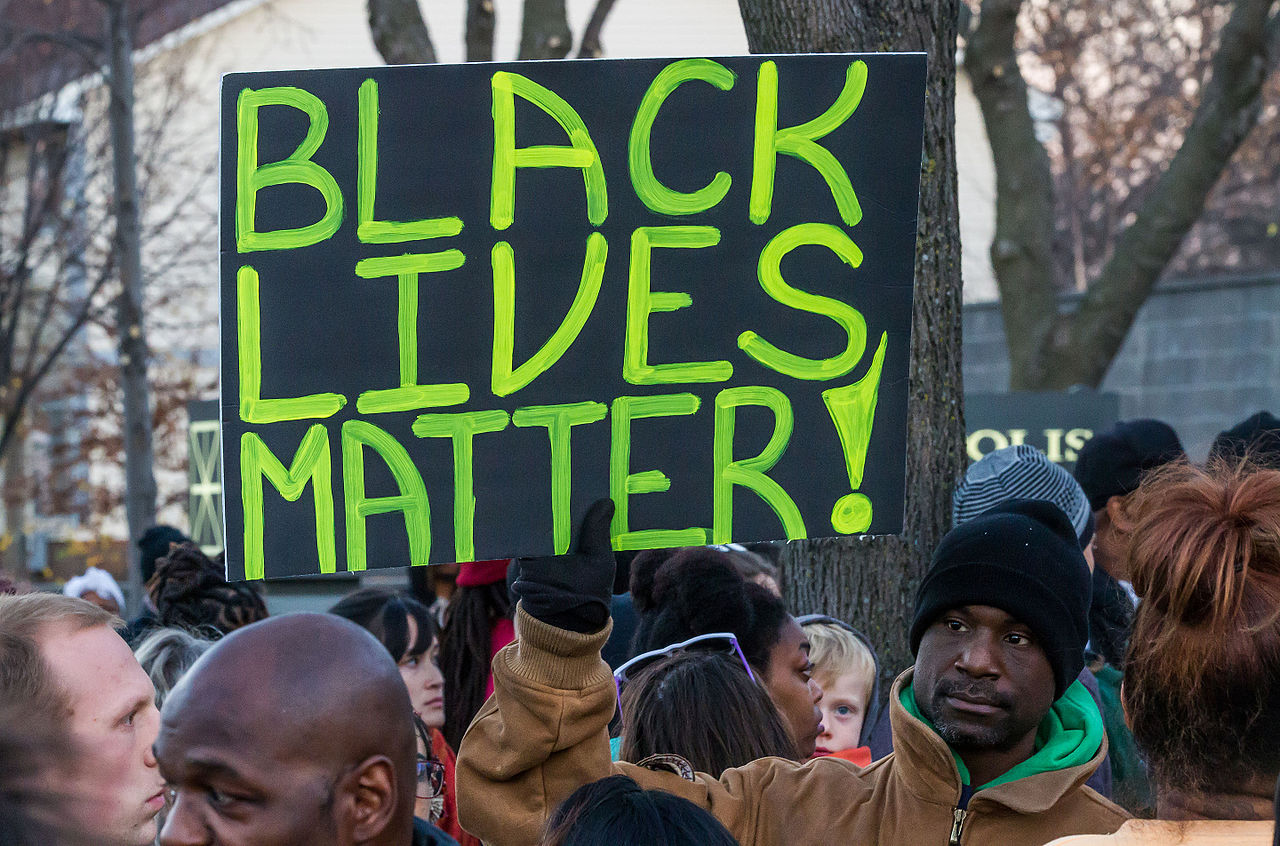Florida Governor Ron DeSantis recently signed two bills aimed at shielding law enforcement officers from “anti-police activists” and increasing support for them. The first bill, SB 184, sets a 25-foot “no-go” zone around police and first responders engaged in their duties, making it a second-degree misdemeanor for individuals to violate this rule.
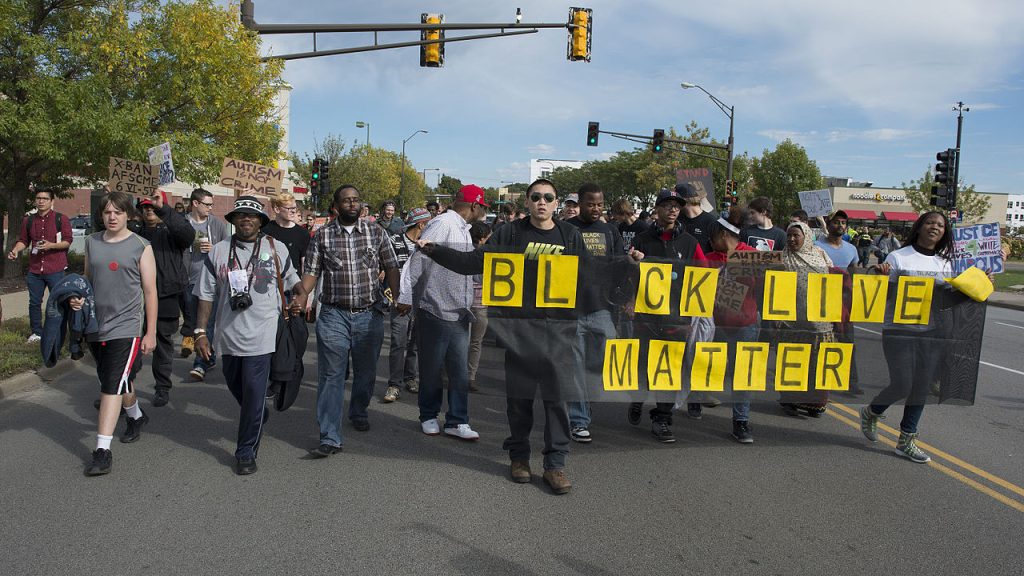
Critics argue the bill’s vagueness may not hold up in court, and First Amendment advocates warn of potential infringement on constitutional rights.
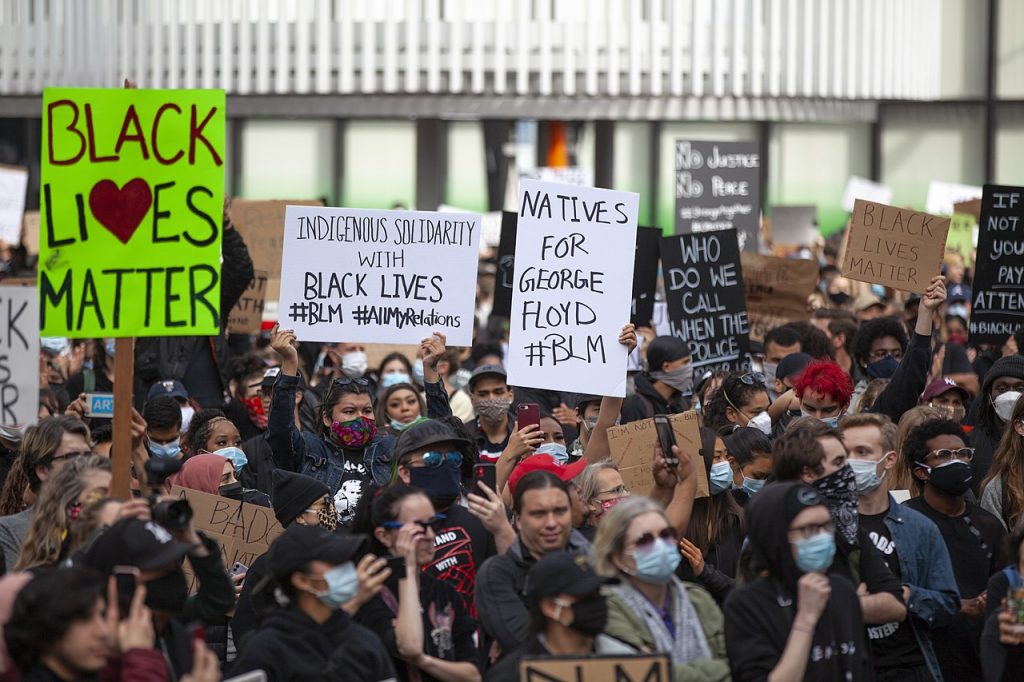
The second bill, HB 601, limits citizen police oversight boards’ ability to investigate misconduct allegations against law enforcement officers. Instead, sheriffs and police chiefs will have the power to appoint board members. Critics claim the move eliminates an essential source of civilian input and transparency into police agencies.
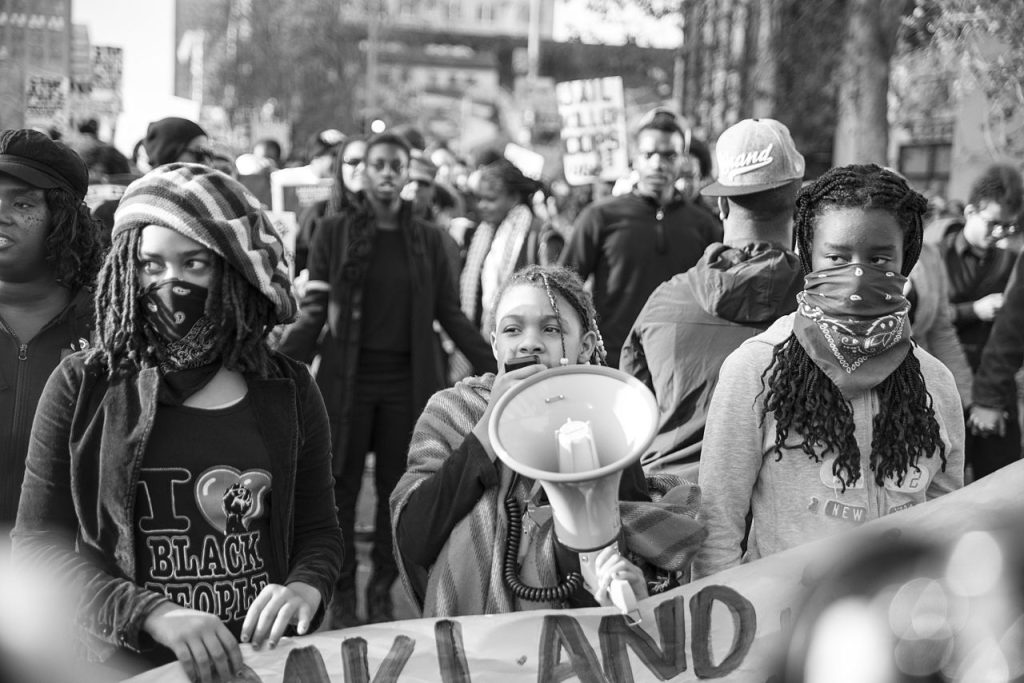
At a ceremony on Friday, DeSantis stated, “I was proud to sign legislation today to ensure law enforcement officers can serve our communities without worrying about harassment from anti-police activists.”
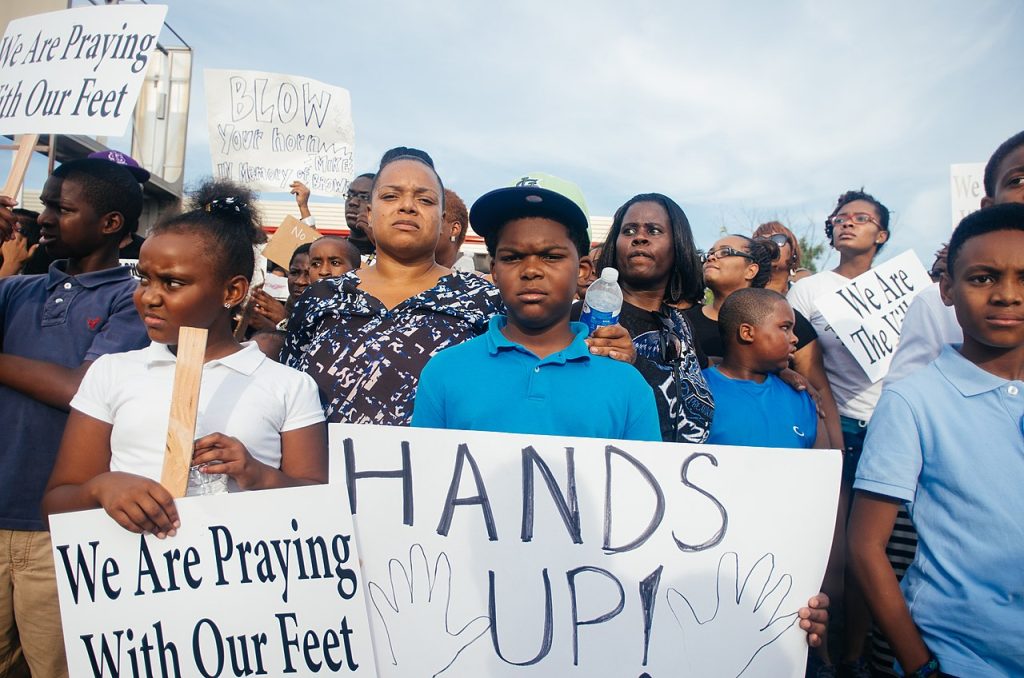
He continued, “We will continue to take action to ensure Florida remains the friendliest state in the nation for law enforcement officers.”
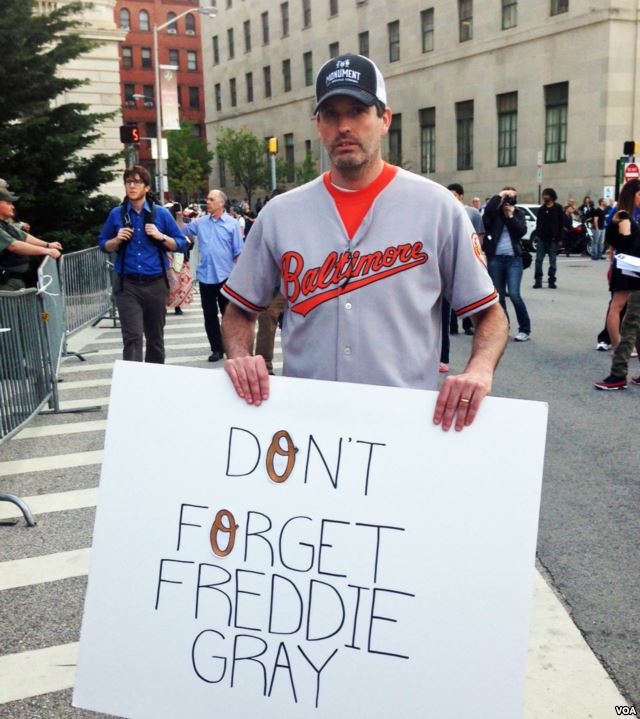
They cite concerns over freedom of speech and the role of bystanders in documenting police misconduct. Rep. Lavon Bracy Davis commented, “The only reason we know what happened to George Floyd is because of a girl who was filming his murder close by.”

SB 184, which takes effect on January 1, has garnered criticism from media organizations and Black Democrats.

HB 601, set to take effect on July 1, has been criticized for potentially removing an important source of civilian input and transparency. Marc Dickerman, vice chair of the Fort Lauderdale Police Advisory Board, commented, “The attempt is to eliminate these boards. It’s almost a death knell for boards throughout the state.”

Despite opposition, DeSantis has shown unwavering support for law enforcement in Florida. He praised the bills as essential for ensuring officers can perform their duties safely and effectively.

The new measures come after other states began defunding police, leading many officers to consider leaving their careers. In response, Florida has offered recruitment bonuses, attracting over 400 officers from California, Illinois, and New York.

Florida Department of Law Enforcement Commissioner Mark Glass expressed his appreciation for the new legislation: “These men and women do not need to be scrutinized again and again by a committee that has no idea what they’re talking about.” The bills passed with bipartisan support, but critics argue they may infringe on civil liberties and undermine accountability in law enforcement.

